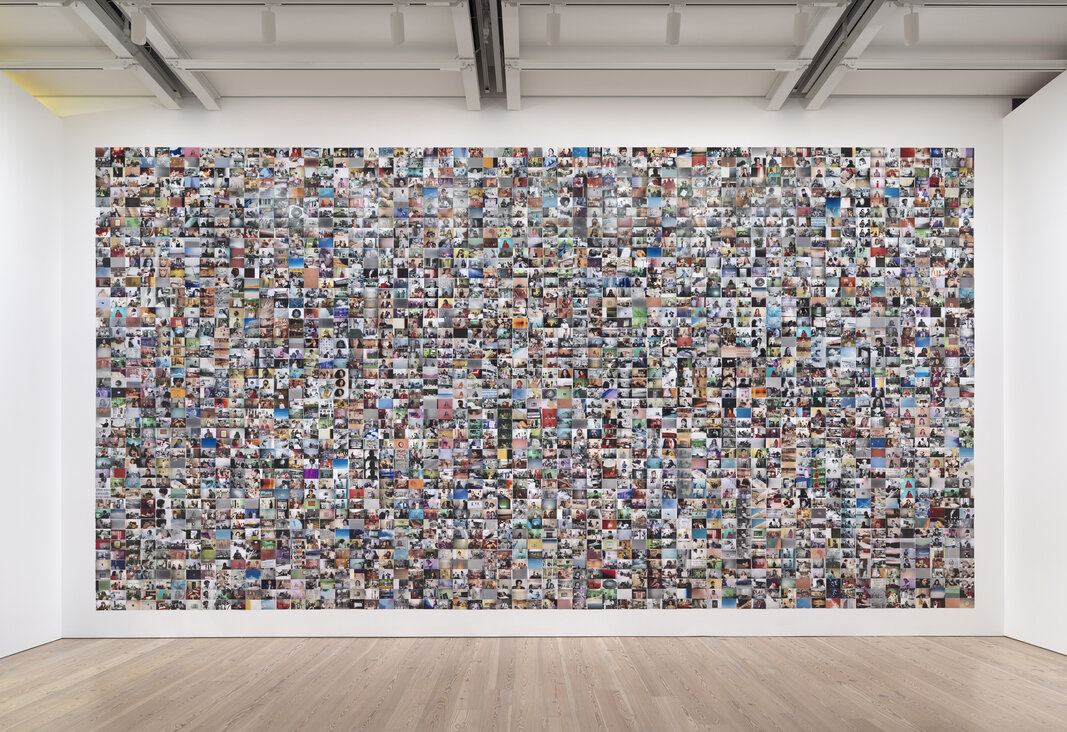The Jewish artist bringing abortion history to America’s museums
Currently on display at the Whitney Biennial, Carmen Winant's installation of 2,500 archival photos chronicles the work of abortion providers and activists from 1973 to 2022

Currently on display at the Whitney Biennial, Carmen Winant's installation of 2,500 archival photos chronicles the work of abortion providers and activists from 1973 to 2022

Four years ago, a group of prominent female foreign policy and national security officials who served in the Obama and Clinton administrations met regularly for lunch to lament the lack of women in senior government positions. The meetings, described by one of the attendees as ‘kvetch’ sessions, led to the creation of the Leadership Council…

“This poem — surely a most remarkable one to be produced by a girl still at school — is distinguished, as nearly all Miss Levy’s work is, by the qualities of sincerity, directness, and melancholy.” That was Oscar Wilde on Amy Levy’s poem “Xantippe,” a 30-page imagined narration by Socrates’ wife. Levy originally published the…

“If it hadn’t been for Yasi!” Ruth Prawer Jhabvala wrote in “The Judge’s Will,” a short story she published in The New Yorker shortly before her death in 2013. “He was born in Delhi and in this house — a gloomy, inward-looking family property, built in the nineteen-twenties and crowded with heavy Indo-Victorian furniture inherited…

During her short life in 19th-century Britain, around the same time the Brontë sisters found they could only publish their masterly novels under male pseudonyms, Grace Aguilar wrote books with unabashedly feminine titles under her own name. And she gained real literary recognition for them. There were novels, among them “Woman’s Friendship,” “Home Influence” and…

If you know about Rahel Varnhagen, it’s probably because of Hannah Arendt. Arendt called Varnhagen, born Rahel Levin in 1771, “my closest friend, though she has been dead for some hundred years.” The two shared a background; both were well-off German-born Jews. They shared an intellectual daring and determination; while Arendt, born in 1906, would…

There it was, in Natalia Ginzburg’s obituary in The New York Times: A quick description, not even a full sentence, of the trouble of being a woman writer. It was 1991, and Ginzburg, born to a Jewish father and Catholic mother in Palermo, Sicily, in 1916, was seen as one of the great Italian authors…

Fran Ross was black and Jewish, and she wanted you to know just how difficult that identity could be to manage. In her only novel, “Oreo” (1974), the Jewish Samuel Schwartz and black Helen (Honeychile) Clark make a match, an attachment that provokes outrageous reactions in both their parents. “When Honeychile had broken the news…








די ווילנער דאָקטוירים יעקבֿ וויגאָדסקי און צמח שאַבאַד זענען אויך געווען געזעלשאַפֿטלעכע טוער.
100% of profits support our journalism